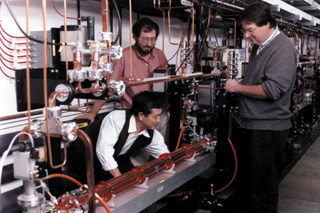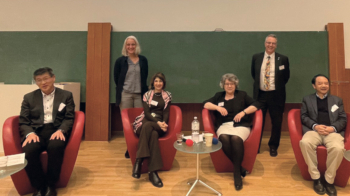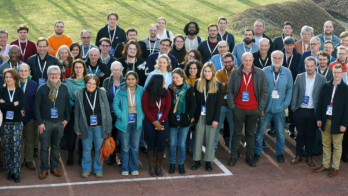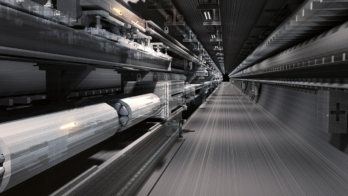
“We recommend that the highest priority of the US programme be a high-energy, high-luminosity, electron positron collider, wherever it is built in the world. This facility is the next major step in the field and should be designed, built and operated as a fully international effort.”
This forthright statement is one of the main recommendations of a subpanel set up by the US Department of Energy and the National Science Foundation to chart a 20 year “roadmap” for the future of fundamental physics research. The subpanel’s report states that this future begins with a thorough exploration of the TeV energy scale at CERN’s LHC, but that it does not end there. An electron-positron linear collider is seen as the next step after the LHC.
“We also recommend that the US take a leadership position in forming the international collaboration needed firstly to develop a final design, and then to build and operate this machine,” continues the report. “We recommend that the US prepare to bid to host the linear collider in a facility that is international from the inception.”
Regarding where such a machine would be built, the report adds: “If it is built in the US, the linear collider should be sited to take full advantage of the resources and infrastructure available at SLAC (Stanford, California), and Fermilab (near Chicago).”
The introduction to the report concludes: “The 20th century can be characterized by an increasingly global economic interdependence, as well as by many shared problems, including the health of the human race and of the Earth itself. It is becoming increasingly important to find successful international models for solving such problems. Particle physics represents one of the most successful areas of international co-operation. From the pivotal role of CERN in postwar Europe to the global collaborations of today, particle physicists have worked together with great success on problems of common interest. The construction of a linear collider will break new ground as an international partnership and provide a useful model for other areas of human endeavour.”





